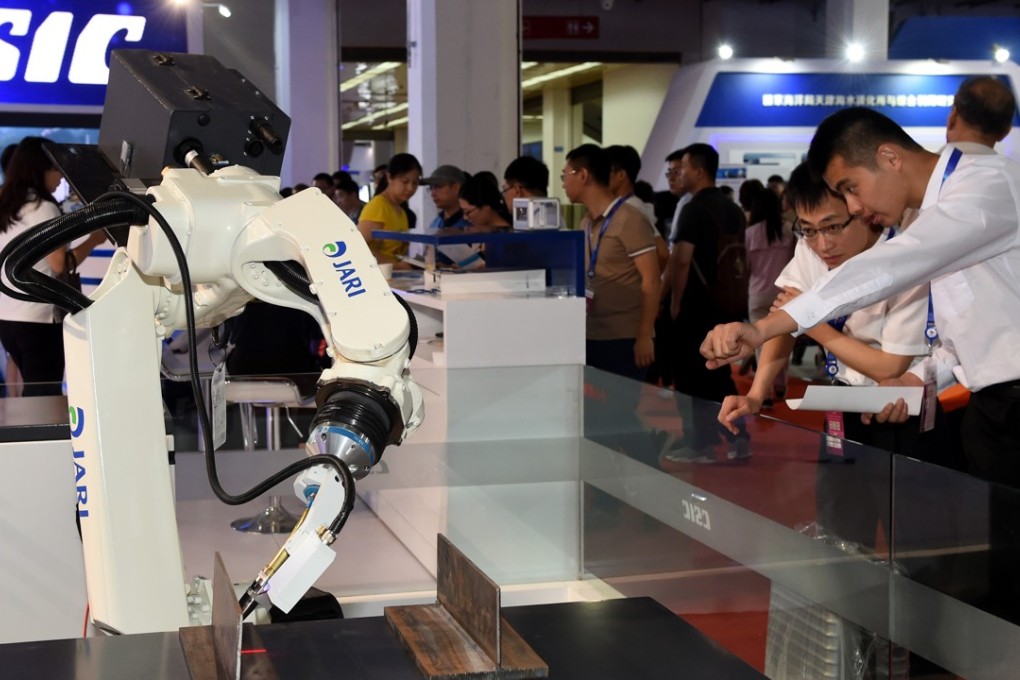Should the US pick winners in its hi-tech battle with China?
American tech companies are starting to urge their government to take a leaf out of the Chinese playbook, and steer hi-tech industry over the long run

Behind the daily skirmishes over tariffs, the United States and China are gearing up for a longer-term battle between two very different systems of innovation. To win, America may need to start using some of its rival’s weapons.
At the heart of the clash is the role of government. Washington isn’t a bystander: for decades it has provided the tech industry with legal crash barriers to foster competition, and risk capital for long-term research. Still, no bureaucrat told Steve Jobs to change the paradigm for mobile computing, or the founders of Uber to disrupt taxi services. Many US entrepreneurs, when they look at federal agencies, mainly see a source of red tape.
In China too, the most successful names had humble beginnings: Alibaba (which functions like a combination of eBay, PayPal and Amazon) started out in the Hangzhou flat of founder Jack Ma. Search giant Baidu and social-media hybrid Tencent also started small. While they benefited from state-imposed barriers blocking the entry of their US counterparts, these companies grew up in the private sector, often having to skirt government control to do so. Alibaba owns the South China Morning Post.
The next wave of technological innovation is shaping up differently. China’s rulers have identified the industries they want to dominate this century, from robotics to biotechnology and artificial intelligence, or AI. Chinese firms with a project in those fields don’t have to sweat through pitches to venture capitalists: government coffers are open. They get protection from foreign competitors, and encouragement to borrow (or steal, depending which side of the Pacific you’re viewing from) their ideas. About one in five US firms in China said in a survey last year that they’ve been asked to transfer technology.
It sounds like a classic state-versus-market stand-off – except something’s changing. American tech companies are starting to urge their government to take a leaf out of the Chinese book, and steer the industry over the long run.